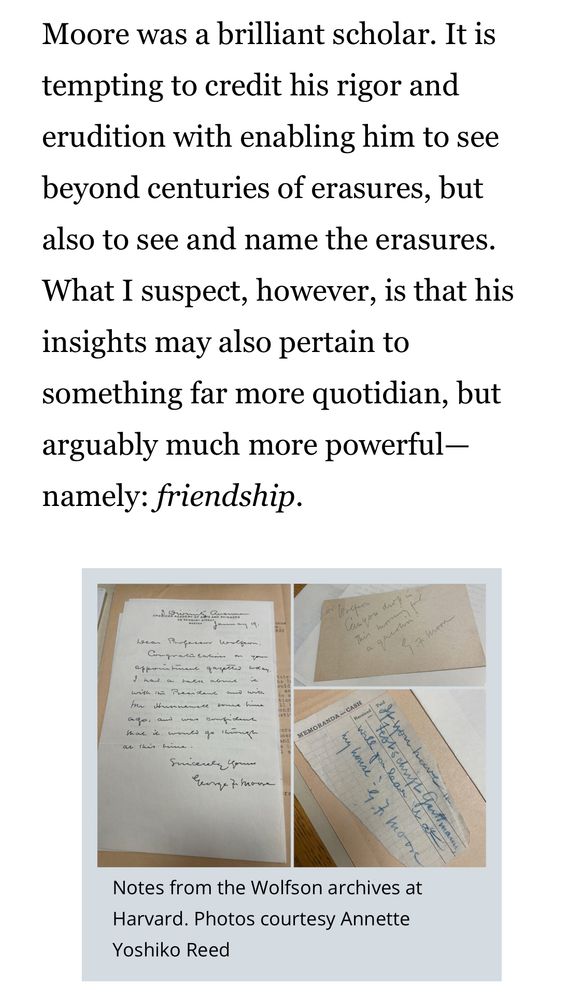Assistant Professor of Ancient History | University of Maryland Department of History
College Park, Maryland, The University of Maryland, College Park Department of History, invites applications for a tenure-track Assistant Professor position from historians of the Ancient Mediterranean worlds within the broad geographical zone that extends into Asia, Africa, and Europe. Chronological specialization is open. However, expertise in the Roman Imperial or late antique periods in particular aligns with existing areas of teaching and research expertise in the department. Preference will be given to scholars whose work engages with the diversity and complexity of the Mediterranean world in such areas as ethnicity, gender, environment, or connectivity. In addition to exceptional scholarly promise, the successful candidate will demonstrate excellence in teaching.
Responsibilities include teaching a general survey of the ancient Mediterranean and the Near East, other lecture courses, and upper-level undergraduate and graduate seminars as they align with the candidate’s interests and departmental requirements, as well as engaging in curriculum development. MINIMUM QUALIFICATIONS
Education: A Ph.D. in History or a related field is required in hand by August 1, 2026
Experience: Teaching experience at the college or university level is required.
PREFERRED QUALIFICATIONS
We seek candidates whose research, teaching, and service have prepared them to contribute to all the pillars of the College of Arts and Humanities’ Strategic Plan: Transformative Thinking; Boundless Creativity; Expansive Empathy; and Meaningful Futures. Contributions toward those goals and values might include leadership in teaching, mentoring, research, or service toward building an equitable and inclusive scholarly environment and/or increasing access or participation of all individuals equitably and fairly.
The University of Maryland, College Park, actively subscribes to a policy of equal employment opportunity, and will not discriminate against any employee or applicant because of race, age, sex, color, sexual orientation, physical or mental disability, religion, ancestry or national origin, marital status, genetic information, political affiliation, and gender identity or expression.
This search is contingent upon the availability of funds.
Apply Here





















